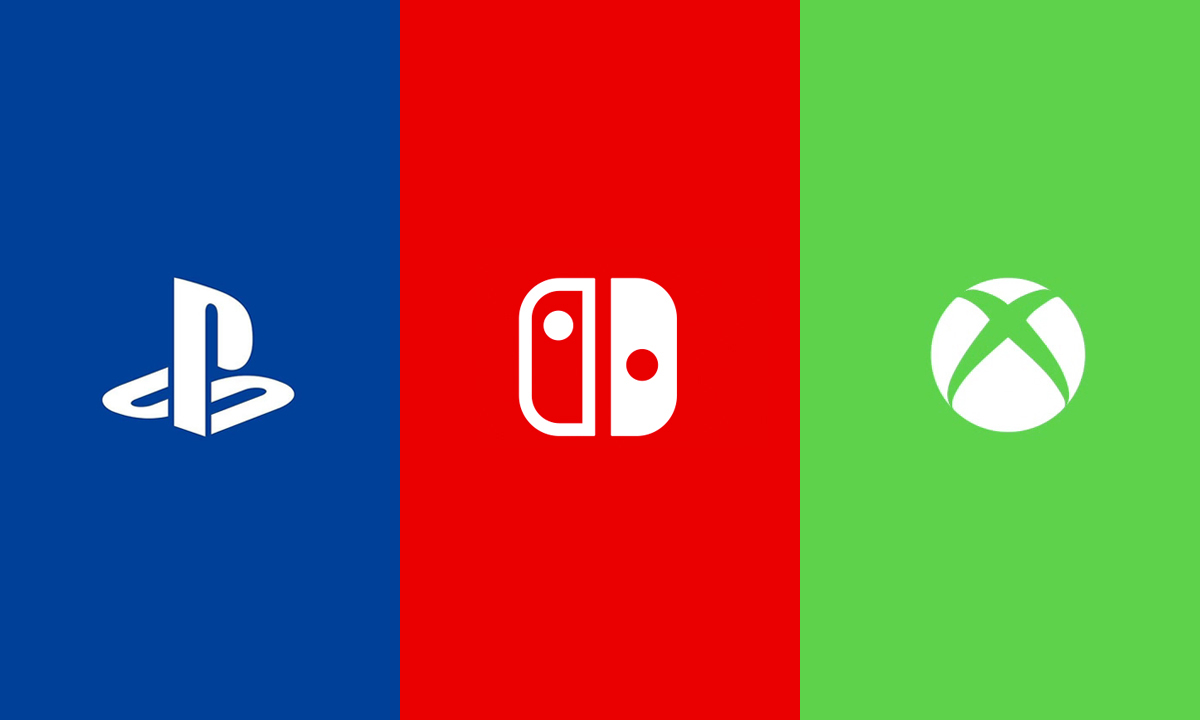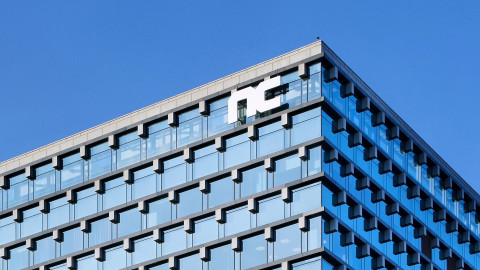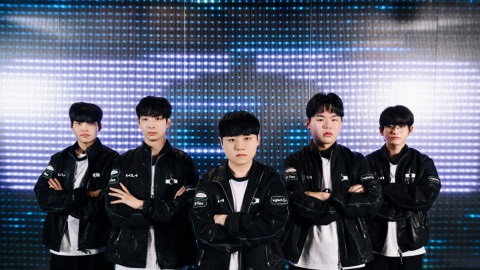
Last Monday, representatives from Sony Entertainment, Microsoft Corporation and Nintendo of America Inc. sent a letter to Joseph Barloon, General Counselman of the United States Trade Representative (USTR), regarding the impact a proposed Chinese tariff can have on the gaming industry.
According to the proposed tariffs, consumer products imported from China will be subjected to a heavy tax that will not only impact the companies' bottom lines but the industry as a whole.
In the letter, the companies argue that the tariffs will:
- Injure consumers, video game developers, retailers and console manufacturers.
- Put thousands of high-value, rewarding U.S. jobs at risk
- Stifle innovation in our industry and beyond
The companies are not opposed to the tariffs as a whole, just the section that refers to video game consoles as over 96% of imported video game consoles are made in China, according to the letter.
"While we appreciate the Administration’s efforts to protect U.S. intellectual property and
preserve U.S. high-tech leadership, the disproportionate harm caused by these tariffs to U.S. consumers and businesses will undermine—not advance—these goals. Accordingly, we respectfully request that the Administration remove HTSUS subheading 9504.50.00, covering video game consoles, from the final list of tariffs, and thus refrain from applying tariffs on these products."

According to the companies' in the letter, the video game industry alone generated total revenue of $36 billion in 2017 and $43.4 billion in 2019. Additionally, the industry employs more than 220,000 people and 99.7% of video game companies qualify as small businesses across the country.
If the proposed 25% tariff includes video game consoles, the companies estimate that consumers would pay $840 million more than they would have otherwise, according to an independent study that was conducted.
-

Tim Rizzo is the editor and a reporter for Inven Global. He joined the company back in 2017.
Sort by:
Comments :0





